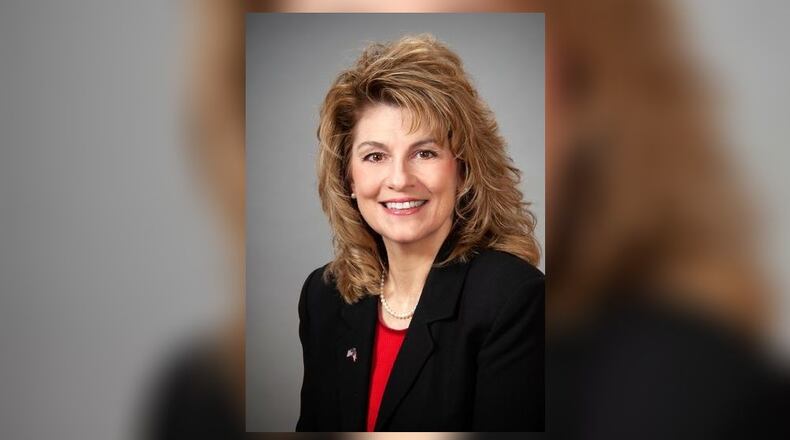The bill, introduced by Reps. Jennifer Gross, R-West Chester, and Sarah Fowler Arthur, R-Ashtabula, would require all K-12 schools to to adopt a policy on over-the-counter drugs, similar to how each school is required to already have a policy on prescription medications.
Here’s what the schools’ policies may include, according to the legislature’s nonpartisan Legislative Services Commission: “A district or school’s policy may include provisions establishing whether the district will authorize any employees to administer over-the-counter drugs to students and, if the district or school does authorize employees to do so, whether the permission of a parent or guardian will be required prior to administering the over-the-counter drug to a student.”
Fowler Arthur said the issue came to her attention when she heard about a student who became ill after they was given an OTC medication that interacted negatively with their prescription medication.
“Unfortunately, the parent was not aware that the school might provide an over-the-counter medication, and the nurse did not know that the child had health complications,” Fowler Arthur said. She did not disclose where or when the incident occurred.
The bill aims to do three things, its sponsors said: Protect children form ingesting medicines that might cause adverse reactions; facilitate communication between schools and parents regarding a student’s health; and decrease the overall liability schools take on.
“Parents know their child’s medical history best. Giving a simple over-the-counter medication may be safe for one child, but unsafe for another,” said Gross, who noted that she believes it’s important for parents to be able to consent to the medications their child is given at school.
It’s not clear how many schools or districts would need to update their policies if the bill were to become law. In the absence of a state mandate, many districts have already adopted protocols that require parental consent before a student is given OTC medications.
As a local example, it’s Mad River Local School District’s policy to avoid administering OTC drugs to students unless it gets approval from both the student’s parents and a doctor, which is the same protocol it has in place for prescription medications.
“We don’t want to give over-the-counter medicine. Essentially, we would like the parents to do that at home,” said Jenny Alexander, communications director for the district.
H.B. 70 would leave exceptions in instances where a student needs emergency care, including students who have asthma or diabetes.
Rep. Joe Miller, D-Amherst, a former educator, applauded the work of Gross and Fowler Arthur on the bill and said he was thankful that it covers both public and private K-12 schools.
“This is a good day when we can actually work together to do good education policy and fix issues such as this,” Miller said on the House floor.
The bill now moves to the Senate for further consideration.
For more stories like this, sign up for our Ohio Politics newsletter. It’s free, curated, and delivered straight to your inbox every Thursday evening.
Avery Kreemer can be reached at 614-981-1422, on X, via email, or you can drop him a comment/tip with the survey below.
About the Author

